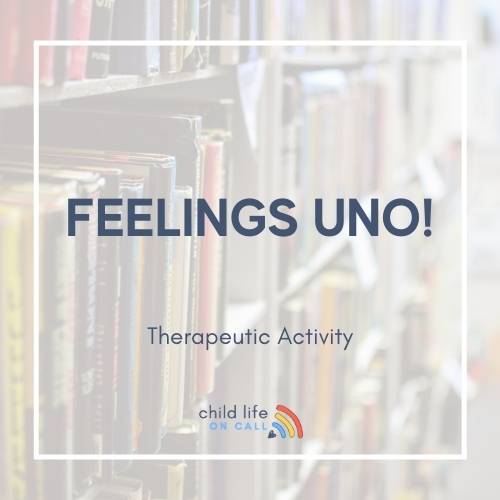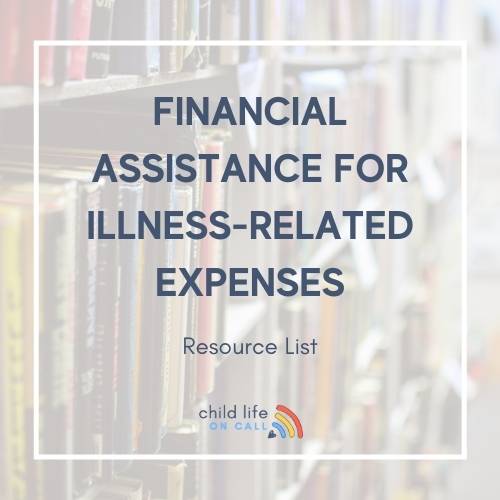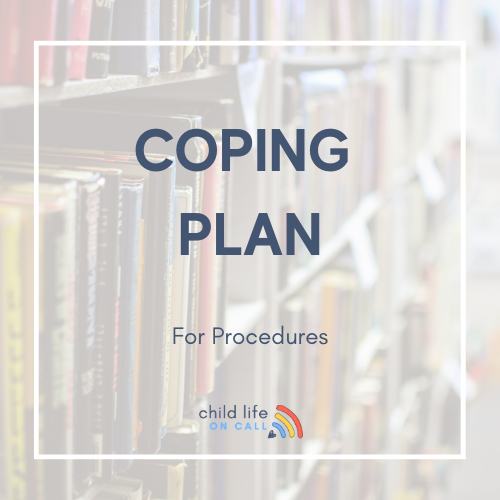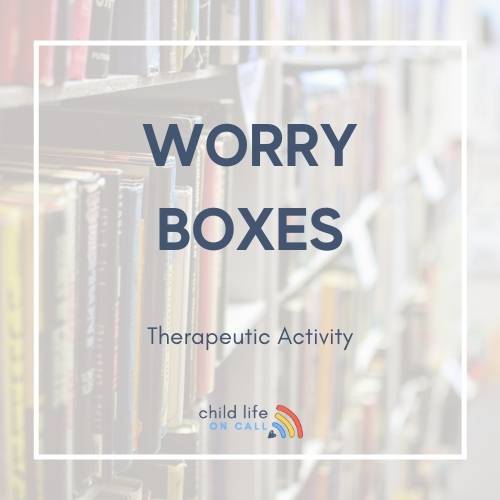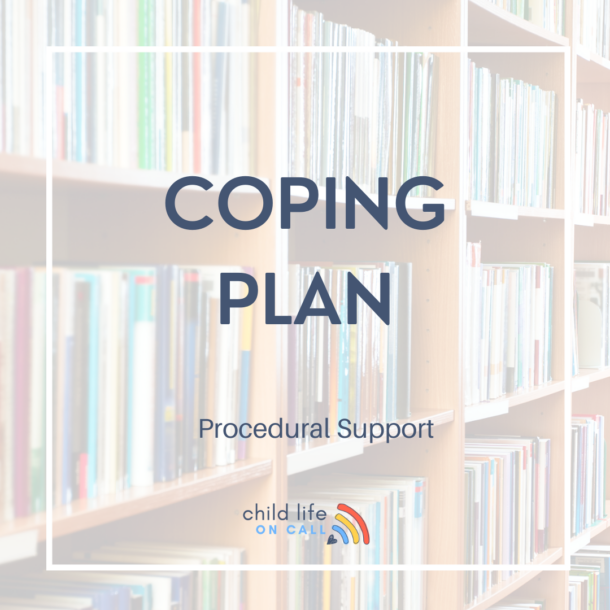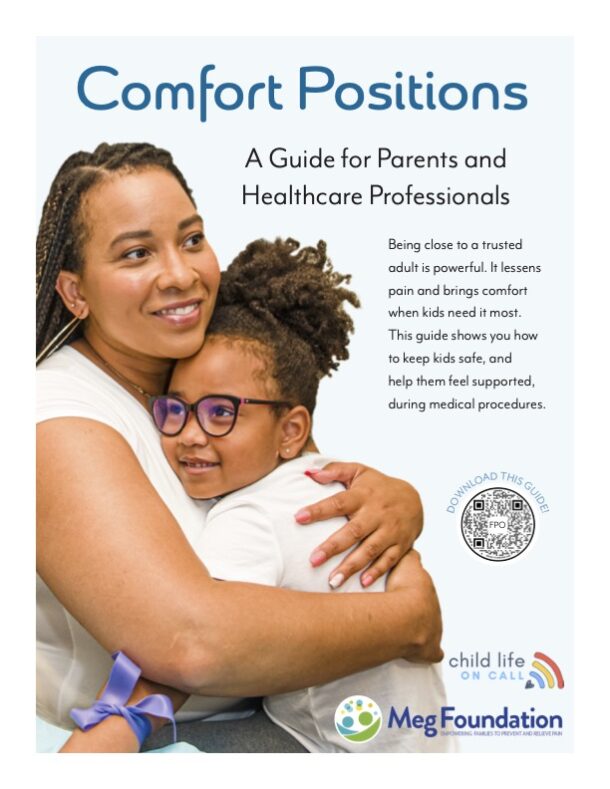Supporting Parents and Caregivers in Becoming Effective Advocates for their Children’s Healthcare
Being in a hospital can be a challenging and overwhelming experience for both children and their parents or caregivers. As a child life specialist, I have witnessed the profound impact that effective advocacy can have on a child’s well-being during their hospital stay. Whether it’s a parent telling us about their child’s unique sensory needs and why more staff in the room causes unnecessary stress, or a parent uses their voice to tell us a gut feeling that’s been surfacing in the past hours, all feedback and insight should not just be accepted – it should be required.
In this blog post, we will explore how child life specialists empower parents and caregivers to become advocates for themselves and their children. By providing them with the knowledge, skills, and resources, we aim to ensure that their voices are heard and their children’s needs are met.
“Me yelling for her best interest began literally the second I woke up from surgery.” – Kimberley Reyes
As a parent myself and a child life specialist, I understand the challenges that come with navigating the hospital system and advocating for a child’s best interests. Kimberley Reyes’ expressed so perfectly in our interview in episode 177 of the Child Life On Call podcast. Her words truly highlight the urgency and determination required to ensure that our children receive the best care possible. It is crucial that parents and caregivers take an active role in advocating for their child’s needs from the moment they step into the hospital.
I. Why Parent Advocacy Matters:
- Research studies have consistently shown that caregiver advocacy positively influences healthcare outcomes for children. By actively participating in their child’s care and communicating their concerns and preferences, caregivers contribute to more personalized and effective treatment plans.I’ve seen firsthand how actively participating in their child’s care and communicating their concerns and preferences can make a significant difference in their well-being.
- Child life specialists recognize the power of knowledge and strive to empower caregivers with the necessary tools and skills to advocate for their children. Through education and support, we aim to instill confidence in caregivers, allowing them to actively engage in healthcare decisions and collaborate with the healthcare team.
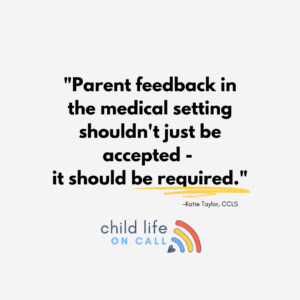
II. Teaching Parents How to Advocate
- Providing Education and Information: Child life specialists serve as educators, equipping parents with knowledge about medical procedures, treatment options, and available resources. Child life specialists know how to assess caregivers and break down information so they can retain it.By understanding their child’s condition and the healthcare system, caregivers can make informed decisions and effectively communicate their needs.
- Teaching Effective Communication Strategies: Advocacy starts with effective communication. Child life specialists share strategies to help parents express their concerns, ask questions, and engage in meaningful conversations with healthcare providers. We teach parents that their voice matters, and we are there to ensure that it’s heard loud and clear.
- Navigating the Healthcare System: Hospitals can feel overwhelming, with numerous protocols and procedures. Together with the support, child life specialists help parents navigate the system, access support services, and make sure they have the resources they need to advocate for their child effectively.
III. Collaboration and Partnership
- Building Relationships with Healthcare Providers: Teamwork Makes a Difference.Child life specialists are trained collaborators. They know how to build and promote strong relationships between families and healthcare providers based on open dialogue, mutual respect, and shared decision-making.
- Empathetic Supp
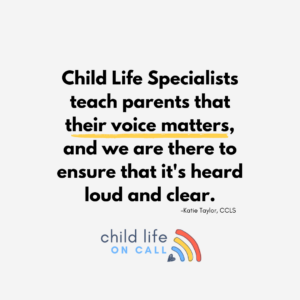 ort: Advocacy can be emotionally challenging for caregivers. Child life specialists provide empathetic support, acknowledging the stress and anxiety that caregivers may experience. We offer emotional guidance and coping strategies to help caregivers maintain their well-being while advocating for their child’s needs.
ort: Advocacy can be emotionally challenging for caregivers. Child life specialists provide empathetic support, acknowledging the stress and anxiety that caregivers may experience. We offer emotional guidance and coping strategies to help caregivers maintain their well-being while advocating for their child’s needs.
In the hospital setting, caregivers are essential advocates for their children. Child life specialists play a crucial role in teaching caregivers how to effectively advocate for themselves and their children, ensuring the best possible care outcomes. Through education, communication skills development, and collaboration with healthcare providers, caregivers become empowered advocates, actively shaping their child’s healthcare journey. By working together, we can create a healthcare environment where the voices of caregivers are valued, leading to improved experiences and outcomes for children and their families.
Remember, as a caregiver, you are not alone. Child life specialists are here to provide guidance and support on your advocacy journey. Together, we can make a difference in the lives of children in the hospital.


